Srijan Gupta is a doctor from India whose experience of burnout led him on a spiritual quest and into anthroposophic medicine. He told his story to Charles Cross at the World Social Initiative Forum’s Leadership in Transformation Forum, hosted by Ruskin Mill in July.
Great to see you, Srijan. Could you please introduce yourself to us?
I am a doctor. I studied medicine—conventional medicine—in India, and after studying, I needed time for myself as I was burnt out. It is quite an overload on the system, I would say. So I needed time for myself and, at the same time, I had a spiritual inquiry or a soul search that was burning in me. In looking for answers, I came across my mentor, Dr. Lakshmi Prasanna. She is an anthroposophic medical practitioner and has also been working extensively with Waldorf Education in India. She continues to train teachers in India, Australia, and the US. When I met her, there was a change in my life, a real diversion from my normal reality where I didn’t even know the word “anthroposophy,” although I had heard a little about biodynamics and Waldorf—just whispers here and there.
When I met her and this world of anthroposophy, it was as if my search for what was true, for the spirit in medicine, was finally met. You don’t have to treat a human being as a mechanism. You don’t have to look at them as just a function of neurotransmitters or hormones, nerves or vessels, or wires, like a machine. But I also didn’t have to ignore the physical body. I could build on my conventional training, which I find important so that I don’t get lost in fads or things that are spiritual but have no grounding.
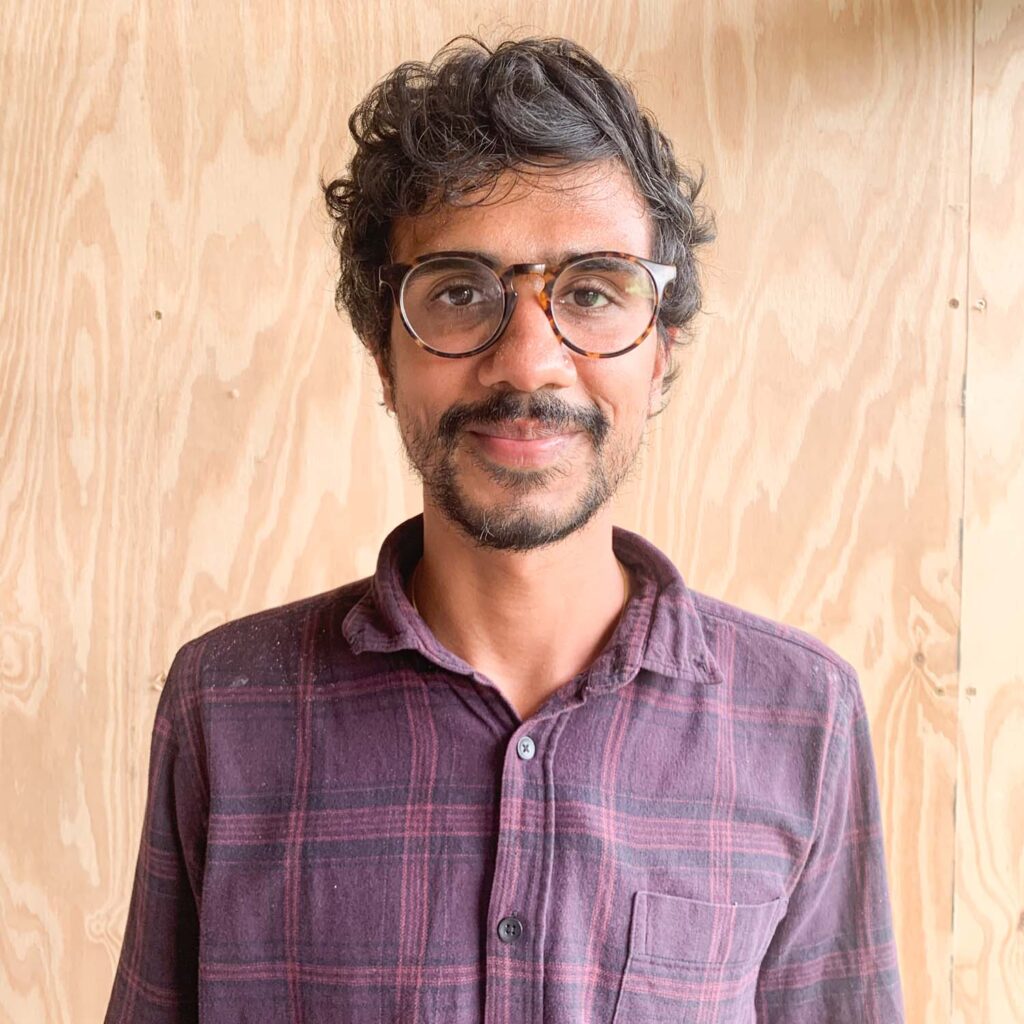
You were ripe for anthroposophy. The image that comes to me is that a fire was set, and then it was lit. I’m curious about your spiritual journey and how that relates to your Indian heritage.
I grew up in a family that follows Hinduism, but none of us were staunch in that. We were 13 people in one house while I was growing up—a joint family, which, to your surprise, is my normality. It was fairly common. A sense of community and grounding is what people rely on to survive and thrive. That’s how the land and the people are woven together. In that weaving, spirituality is almost like air: you can’t see it because it’s everywhere. We would celebrate, and we would worship, and we would pray, but nothing too crazy. When I was younger, my mother sent me to a Krishna camp. We used to chant there, but I promised myself, “I’m never going back.” I hated it. I think that in this rejection and my desire for an identity outside of what I had grown up in, I felt almost claustrophobic. I had a lack of space and wanted my own self.
I found what I was running away from. Funnily, after I graduated medical school, during a period of trouble with mental health, I was faced with myself: “I can’t run away anymore.” And then, doors for spiritual quests opened up, and I realized, “Where I am standing, this country, this place is a gem. There is a treasure of spirituality where I am.” Somehow, when you’re not looking, grace starts pulling the strings. People came, conversations happened, books came, masters came. And slowly, the thing I ran away from came to me, looking like something else that I could accept. And then I met it, in a way.
Could you tell us more about your professional path through this?
The spiritual search opposed my material grounding for a time. For a while, there was huge turbulence. I was a doctor in a country with a dearth of doctors and a huge need, and I was a doctor who wasn’t in the hospitals. I worked a little on COVID in the emergency room, on a research project for tuberculosis vaccines, and I did some consulting for air pollution and health effects. But at some point, it was clear, “I’m not going back—I need somewhere else to be.” And in that vacuum, with no institution and no anchor for the first time, I found Lakshmi Prasanna, who offered me work in a Waldorf school for special children. This school is called V-Excel Education Trust. It’s in southern India, in a city called Chennai, and it is under the purview of a larger umbrella called Kaleidoscope Learning, which caters to the needs of children and young adults on the autism spectrum and with Down’s Syndrome or Fragile X Syndrome. It works with rehabilitation in occupational training for such children.
These were my first steps into anthroposophy, meeting this school. I met eurythmists and anthroposophic medical doctors, and it was clear: “This is my work.” I offer alternate healing therapies for caregivers, teachers, and children in the school.
Do you have a sense of where your path might be leading in the future?
I think that my path is in the realm of holistic medicine. I have spent significant time these past few years learning different modalities like Pranic healing, Reiki, tapping, and acupuncture, and I’m currently studying anthroposophic medicine at Emerson College. I’m hoping that by delving into the alternate approaches, I will get a new vision of health, of what health is within me, and of what it looks like outside when I look at nature. I think my movement is towards integrating allopathy with anthroposophic medicine and drawing from alternate medicines because my hope is to one day work without prescribing medications, antibiotics, antipyretics, or anything. But my next steps are to keep deepening this in anthroposophy. I’ll be going soon to Canada to learn from a fellow doctor who’s a TCM practitioner and training as a conventional doctor and an anthroposophic doctor. We’ll be visiting an anthroposophic oncologist in Alberta. So, I’m getting a sense of what this work is like. I would like to one day work like my mentor, Lakshmi Prasanna, as a pediatrician working with special children or as a school doctor.
More V-Excel Educational Trust
Photo Xue Li



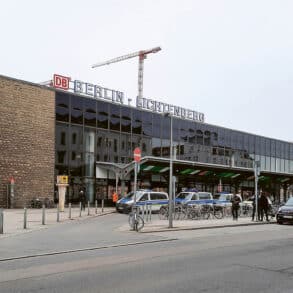
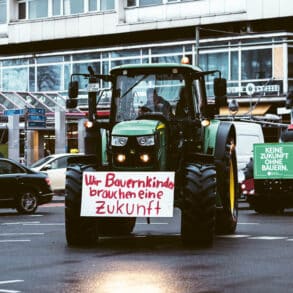
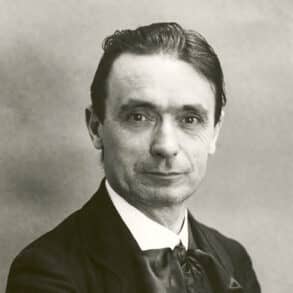
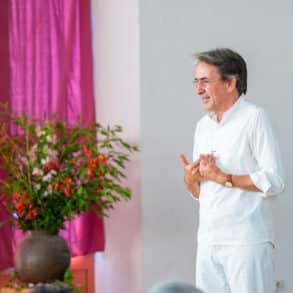



Srijan Gupta- wonderful message from an Indian doctor.
I ask if the Canadian doctor in Alberta, the anthroposophical oncologist, could be named ?
Also I wonder if Dr. Gupta, crossed paths with the 2 anthroposophic Indian sisters, Aban and Dilnawaz Bana ? (Waldorf teachers and Eurythmistists
Wishing Dr. Gupta all the very best on his journey.
Thanks for this article.
John Vanden Heuvel
Victoria, BC
sunvann@yahoo.ca
Dear Mavis,
Thank you for your good wishes. I indeed have had the good fortune of doing Eurythmy under the guidance of Bana sisters. They are light and delight in a pair.
I apologise for the confusion, at the time of this interview I thought Atlanta was Alberta. The oncologist is Dr Mark Hancock whom alas I couldn’t meet in this visit owing to his busy schedule. My colleague Dr Julia sees him this November.
John**
My sincere apologies again!
I thoroughly enjoyed reading Dr Gupta’s article and his journey towards alternate methods of healing but with a good background of conventional medicine. He is now armed with the knowledge that there is more to healing than offering antibiotics, other intrusive measures and as a last resort, surgery. May he go from strength to strength.
Thank you for your good wishes! 🙂